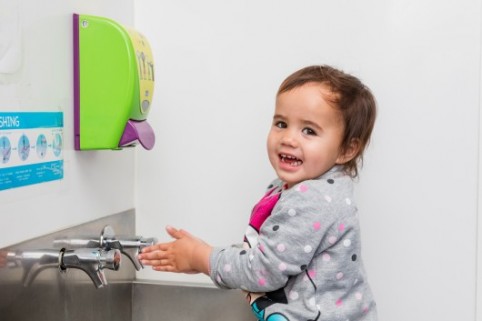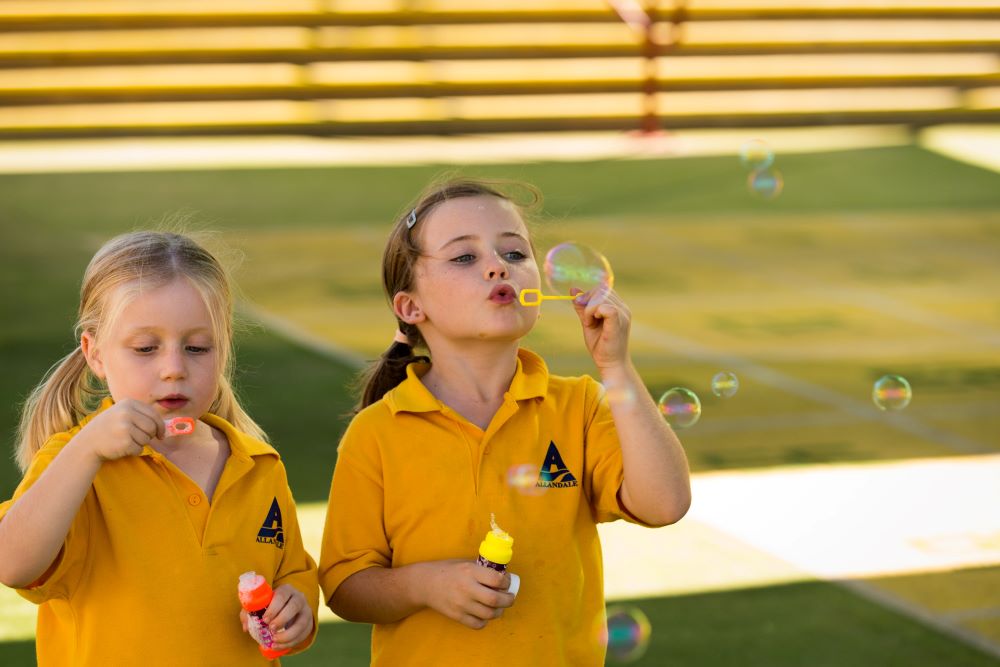Respiratory infections in children
Childhood respiratory infections cause a large burden of illness in New Zealand, with very high rates of admission to hospital when compared with other developed countries. For some children, severe or repeated respiratory infections lead to permanent lung damage resulting in a life time of ill health and disability, and likely a premature death.
Both Lakes and Bay of Plenty District Health Boards have a higher rate of hospital admission for children with respiratory infections than the New Zealand national rate.
Advice for Managing Winter Viruses including RSV

RSV infection
RSV is one of many common viruses that often circulate in the winter months. RSV typically causes mild cold or flu-like symptoms in adults and older children, such as a runny nose, sneezing, dry cough, mild fever, and sore throat.
However, RSV may sometimes cause more severe respiratory illness, most often in young children and babies.
Steps to help prevent RSV
The following steps can help prevent the spread of RSV and other respiratory illnesses:
- stay home if you’re sick, and keep your child at home if they’re sick
- practise good hand hygiene - wash hands frequently and thoroughly including before preparing and eating food
- cover coughs and sneezes
- keep children’s immunisations up to date
- practise good nutrition, and for babies, breastfeeding boosts immunity
- have a smokefree environment at home and in the car
- keep houses warm and dry
Advice for parents
Most children with RSV and other viral respiratory infections will get better by themselves within a few days and usually won't need to see a doctor. Parents should monitor to check their child is eating and drinking normally or breastfeeding well, does not look sick and doesn’t have any trouble breathing. It’s important to see a doctor if there are any concerns such as if the child:
- is breathing faster than normal or if breathing is noisy, wheezy or seems to take extra effort
- seems unwell, sluggish, sleepy or lethargic
- is not eating and drinking or breastfeeding properly
- may be becoming dehydrated (e.g. having fewer wet nappies)
Parents should see a doctor or get health advice if in anyway worried about their child. Parents can get free health advice by calling the Healthline number on 0800 611 116.
A swab test for RSV is usually not required except sometimes when children are hospitalised and require a swab as part of their clinical management. However, children who are unwell may still need a swab for COVID-19 or strep throat. Strep throat is a bacterial throat infection which, if not treated, can cause rheumatic fever, a serious illness that can damage the heart. So every time your child aged 3 years or older has a sore throat, take them to see a doctor or nurse. This is especially important for Māori and Pasifika children, who have a higher risk of rheumatic fever.
Parents should be sure to tell the doctor if they or their child have been in contact with a person with COVID-19, or have returned from a place where there is COVID-19, or have left managed isolation in the last 14 days.
Advice to Early Learning Services for managing winter viruses including RSV
Children with symptoms should stay home
You should ask that all tamariki and staff showing signs of illness stay home until symptoms have resolved.
Display your early learning service’s (ELS) policy on illness for all staff and whānau to see and ensure it is strictly adhered to. The policy helps to ensure that staff and parents have a clear understanding of when children should stay at home.
Hand hygiene
Hand hygiene is one of the most effective and inexpensive ways of reducing the transmission of viral illnesses such as RSV, influenza and COVID-19. To help keep your ELS safe and healthy, teach tamariki to:
- wash hands thoroughly with soap and hot water for at least 20 seconds
- dry hands with a clean, dry towel or paper towel for 20 seconds
Make frequent hand hygiene a rule for everyone especially:
- before eating and cooking
- after using the bathroom
- after touching animals, including family pets
- after blowing your nose, coughing, or sneezing
- after being outside
Cough and sneeze etiquette
Encourage children and staff to practice good cough and sneeze etiquette. This means covering your mouth and nose with a tissue or coughing or sneezing into your elbow.
Dispose of tissues in a lined rubbish bin and ensure children wash and dry hands immediately after coughing, sneezing or handling used tissues.
For more information on RSV and how to prevent it visit the following links:
Respiratory syncytial virus (RSV) – Ministry of Health NZ
Preventing RSV (Respiratory Syncytial Virus) – CDC
Influenza-like Illness (ILI) factsheet – Auckland Regional Public Health Service
Response to infectious illnesses – Ministry of Education
Resources
Other respiratory infections documents, reports and information:
- Infographic: Respiratory disease in New Zealand - Asthma and Respiratory Foundation of New Zealand
- Infographic: Better breathing: Checklist for healthy lungs - Asthma and Respiratory Foundation of New Zealand
- Phone Healthline on 0800 611 116
- If your child has a bad cough
- Information on whooping cough
- Information on influenza







